|
School feeding programs in Namibia aim to address the challenges of food insecurity and malnutrition among children. These programs provide nutritious meals to students, ensuring they have the energy and nutrients they need to learn and grow. However, as awareness of the environmental impact of food production and waste grows, the Namibia School Feeding Programme leads the way on many sustainability and environmental issues.
Minimizing Waste
In addition to sourcing locally, the National School Feeding Program is also working to reduce food waste. The program encourages schools to participate in food composting initiatives, where leftover food is turned into fertilizer for school gardens. This initiative helps to reduce the amount of waste produced by the program while also promoting environmental awareness and agricultural skills. Other efforts to limit food waste on an ongoing basis include fumigation and pest control in storage areas and the use of nearly-expired foods, while efforts to limit packaging waste include the reuse of bags and containers.
|






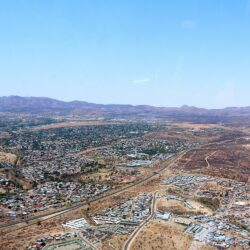


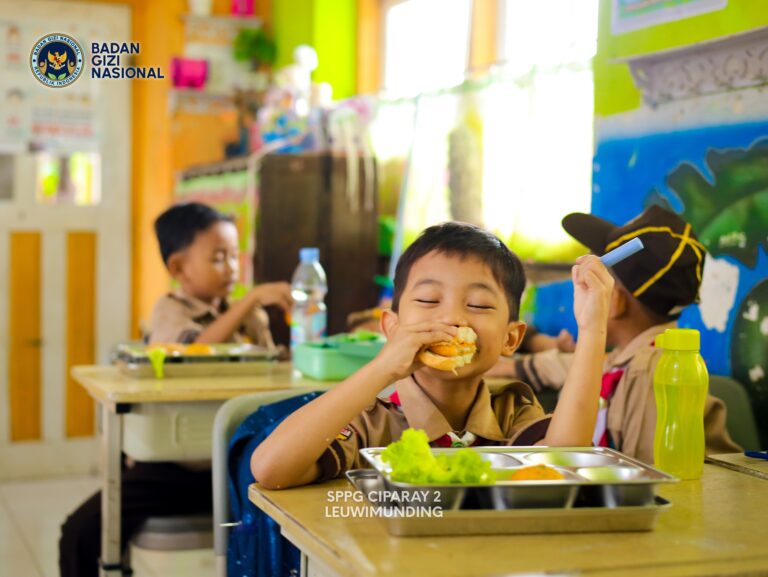

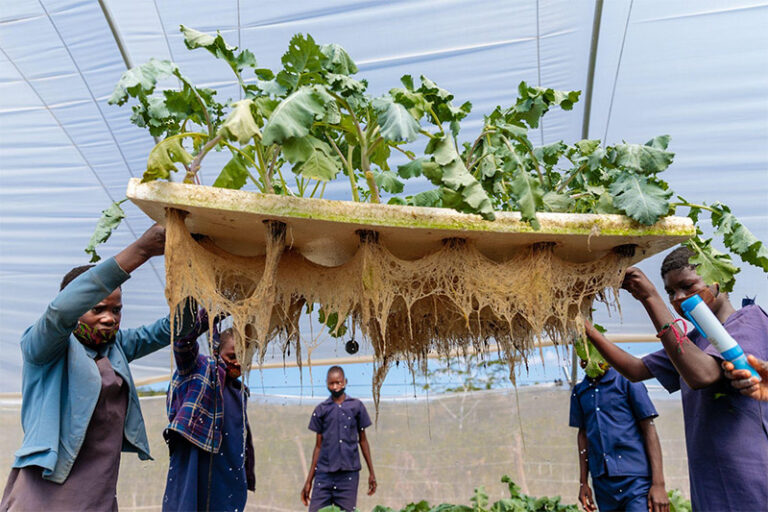
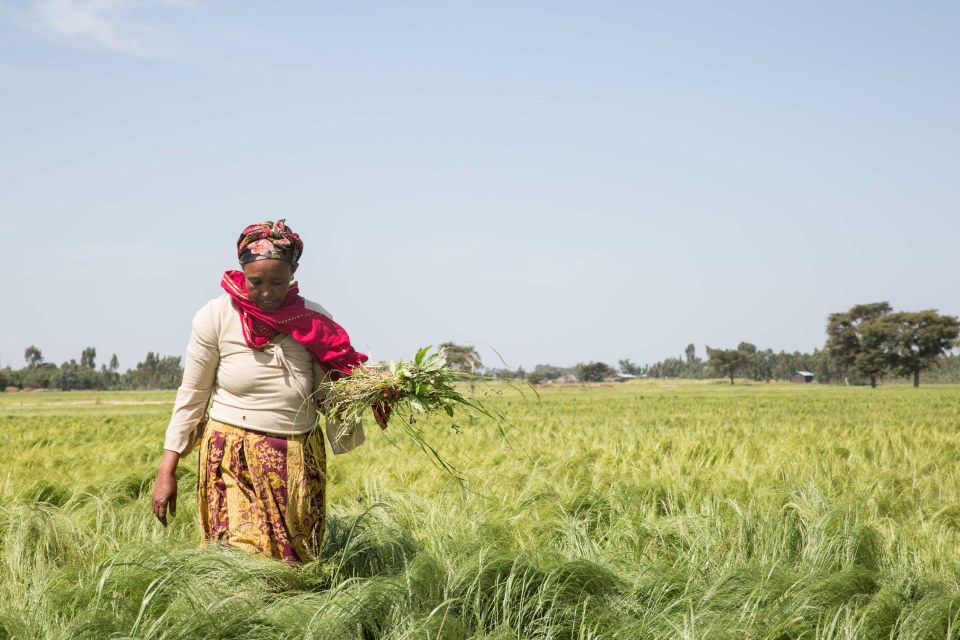

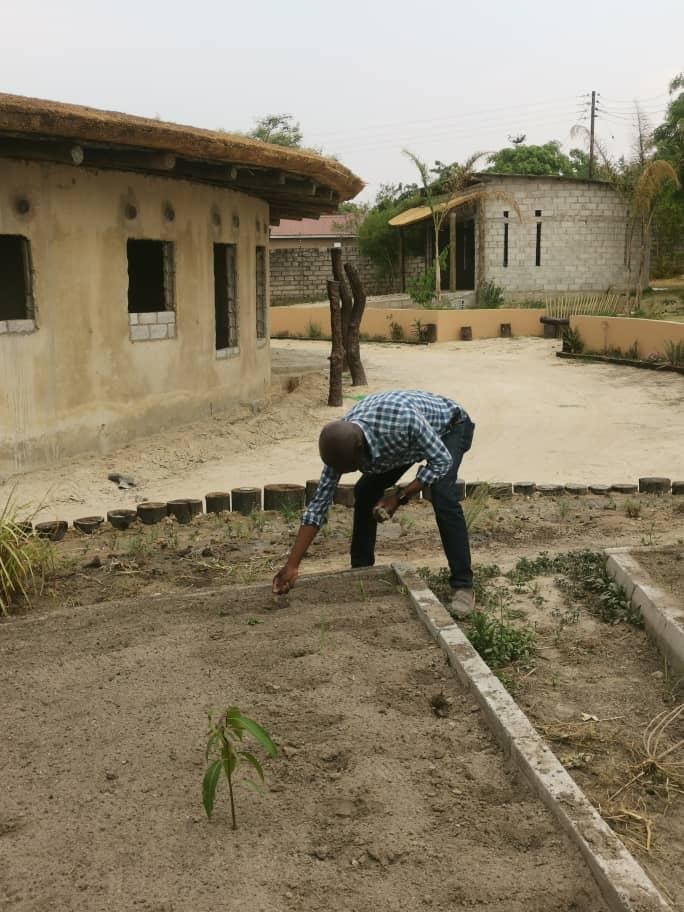
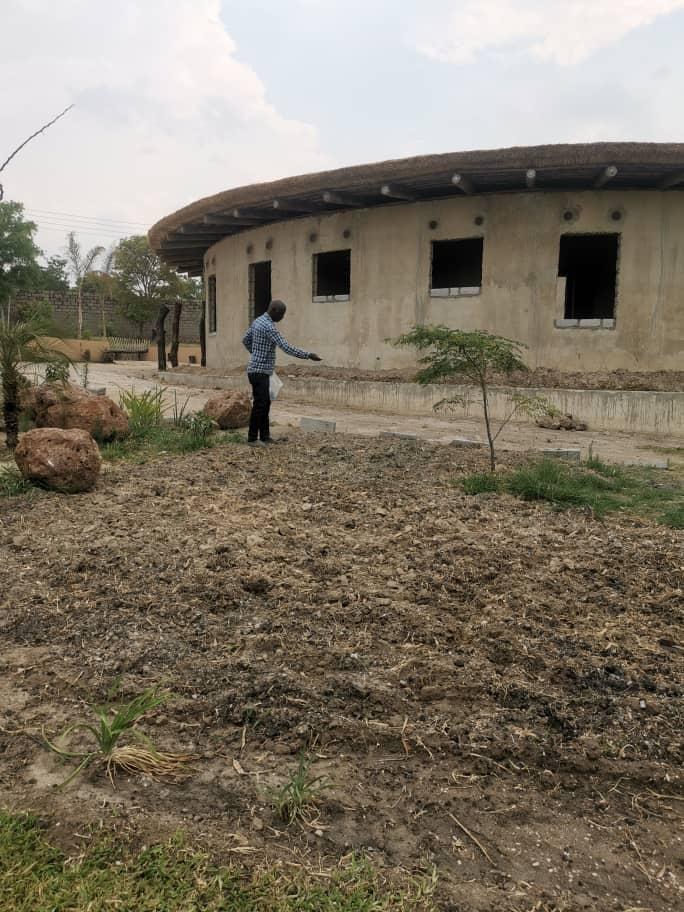
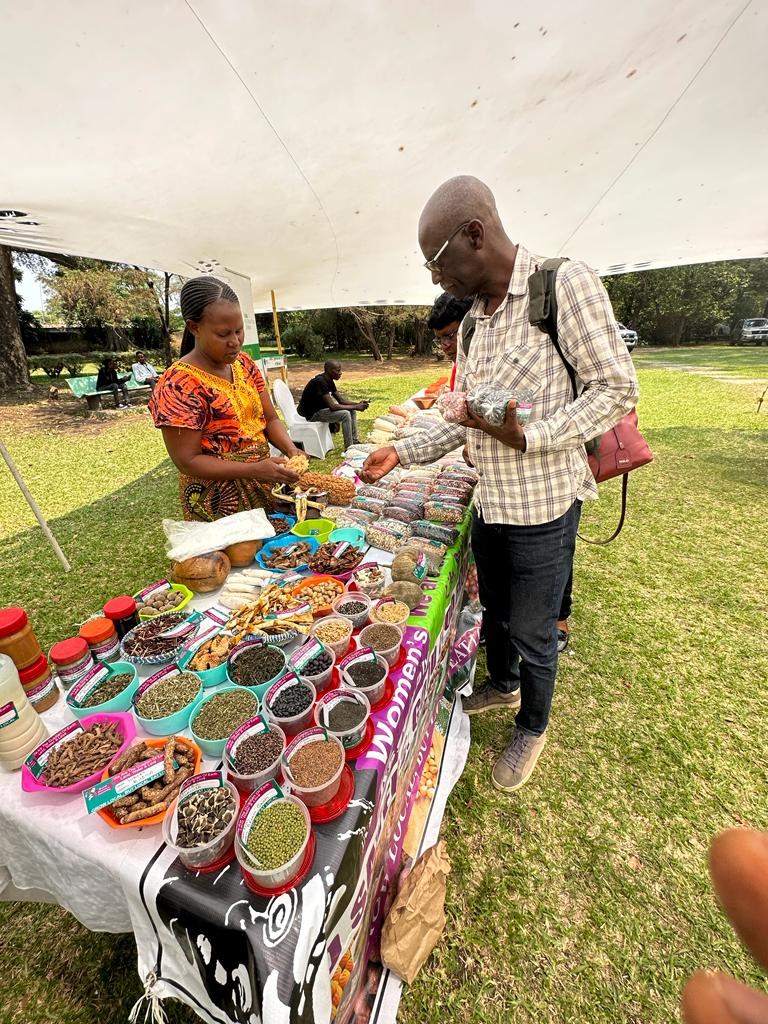
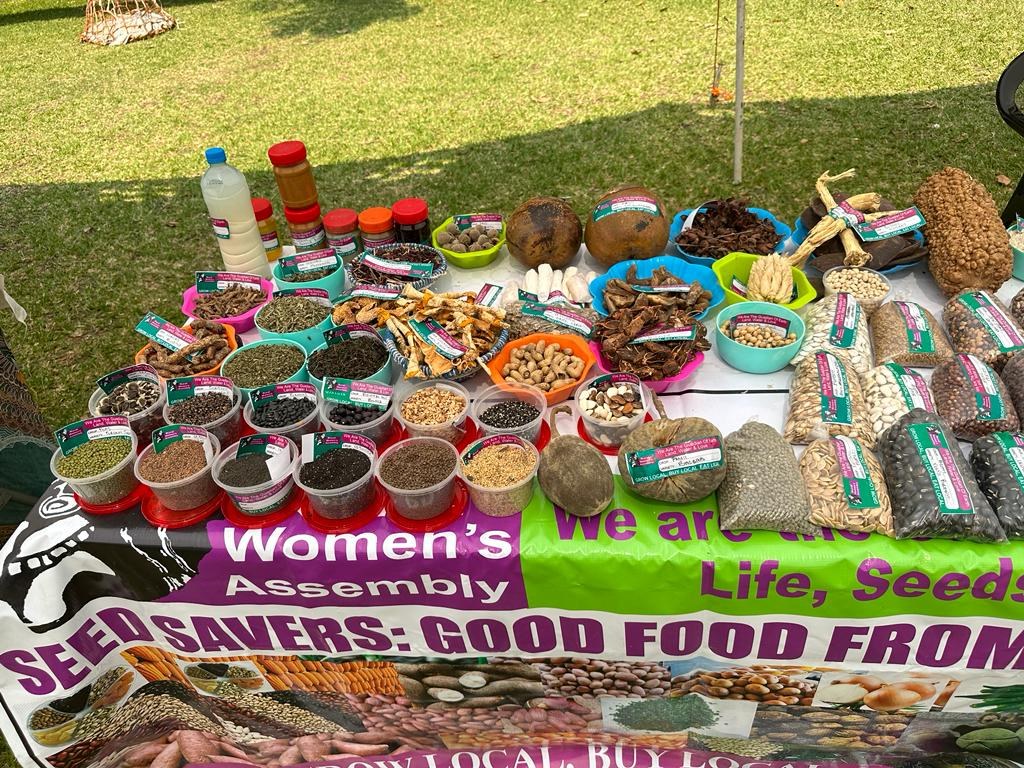
No comment yet, add your voice below!